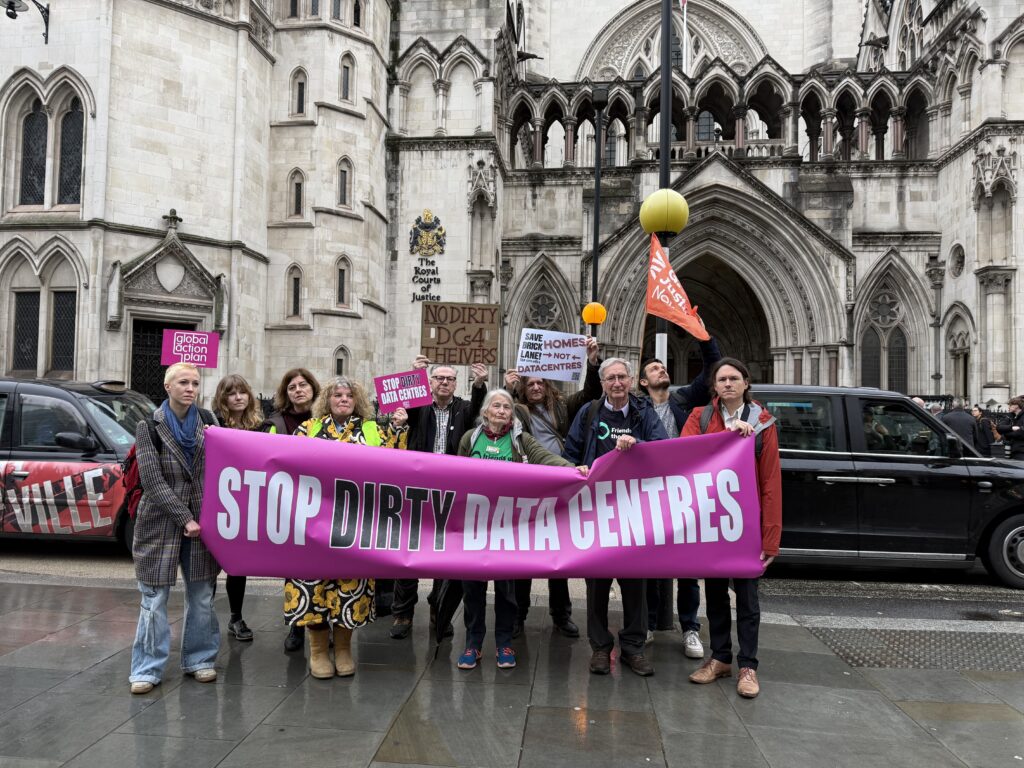The collaborative initiative brings together leading manufacturers and their existing reuse and recycle schemes.
Closing the Footwear Loop is the latest in a long list of efforts by the clothing industry to try and begin tackling its enormous environmental footprint. The aim is to move away from the existing ‘take-make-dispose’ model and onto a circular system that runs throughout the value chain.
Currently, 90% of footwear winds up in landfill, with a staggering 23.8billion pairs of shoes produced each year globally. With each individual show made of up to 60 different components, resources such as plastic, rubber, adhesive, and fabric are being discarded on mass rather than extracted and reused. This is partly due to the complexity of how the products are made, hindering green progress and leaving this sector far behind most of fashion, which itself remains one of the worst performing industries in environmental terms.
By signing up to Closing the Footwear Loop, brands and companies such as adidas, DEICHMANN, Dr Martens, Footwear Innovation Foundation, Inditex, lululemon, ON, Otto Group, Puma, Reformation, Target, Tommy Hilfiger, Vivobarefood and Zalando have now committed to a series of core aims. These include the delivery of:
- Detailed mapping of European footwear waste streams (in collaboration
with Circle Economy), providing crucial data on volumes, materials,
rewearability, and recyclability. [Report & business case assessment due
2025] - A roadmap towards circular footwear design, developed with Fashion for
Good Alumni circular.fashion, outlining principles for material selection,
durability, recyclability, repairability, and responsible chemical management.
[Guidelines due 2025] - Validation of end-of-use innovations, including trials and impact
assessments, to overcome current bottlenecks and drive industry-wide
adoption. [Recycled material outputs due 2026]
‘The footwear industry stands at a critical turning point. With billions of shoes
produced annually and 90% ending up in landfills, ‘Closing the Footwear Loo
represents our most ambitious effort yet to reimagine how we design, use, and
dispose of shoes,’ said Katrin Ley, Managing Director at Fashion for Good. ‘By bringing together 14 leading brands, we’re not just addressing a challenge—we’re creating a blueprint for systemic change.’
More on waste, pollution and recycling:
Alliance for Fibre-Based Packaging launches ahead of UK recycling overhaul
5 unexpected indoor air pollution sources (and how to overcome them)
Image: Jakob Owens via Unsplash

















